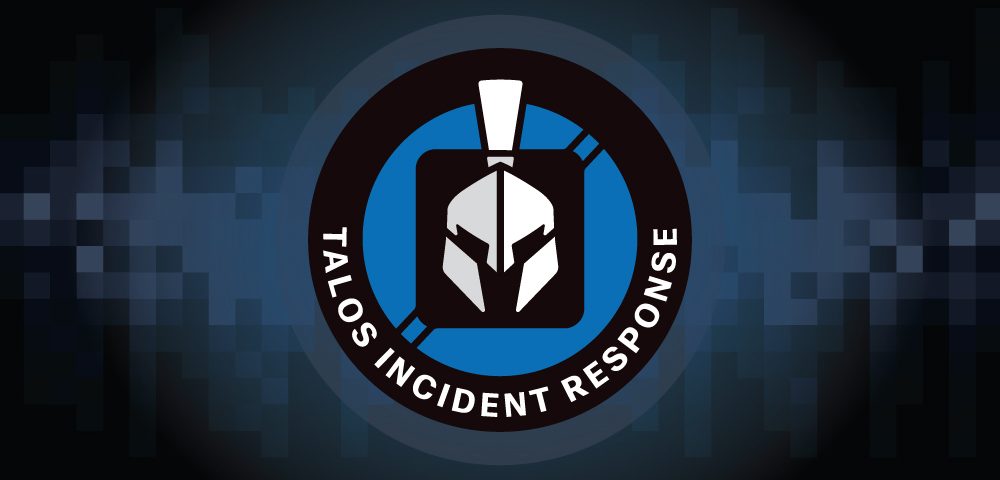
5 Tips to Improve Your Home WiFi
December 17, 2019
Cisco and IBM: Solving Customer Challenges through the Power of Partnerships
December 18, 2019Incident Response Lessons From Recent Maze Ransomware Attacks

This post authored by JJ Cummings and Dave Liebenberg
This year, we have been flooded with reports of targeted ransomware attacks. Whether it’s a city, hospital, large- or medium-sized enterprise — they are all being targeted. These attacks can result in significant damage, cost, and have many different initial infection vectors. Recently, Talos Incident Response has been engaged with a couple of these attacks, which involved the use of targeted ransomware. The concept of targeted ransomware attacks is simple: Get access to a corporate network, gain access to many systems, encrypt the data on a large chunk of them, ask for a large lump sum payment to regain access to those systems, and profit.
The first widespread targeted ransomware attacks involved the SamSam ransomware, which Cisco Talos researchers first discovered in early 2016 and were incredibly profitable, despite ending in indictments from the U.S. government.
In 2019, there have been multiple players in this space, the most prolific of which has been the Ryuk campaigns that start with Emotet and Trickbot. Other targeted ransomware attacks have involved other types of ransomware and varied attack methodology. Included in this list is ransomware like LockerGoga, MegaCortex, Maze, RobbinHood, and Crysis, among others. More recently, attackers have taken the extra step of exfiltrating data and holding it hostage, which they claim they will release to the public unless payment is received, a form of doxxing.
The post Incident Response Lessons From Recent Maze Ransomware Attacks appeared first on Cisco Blogs.


